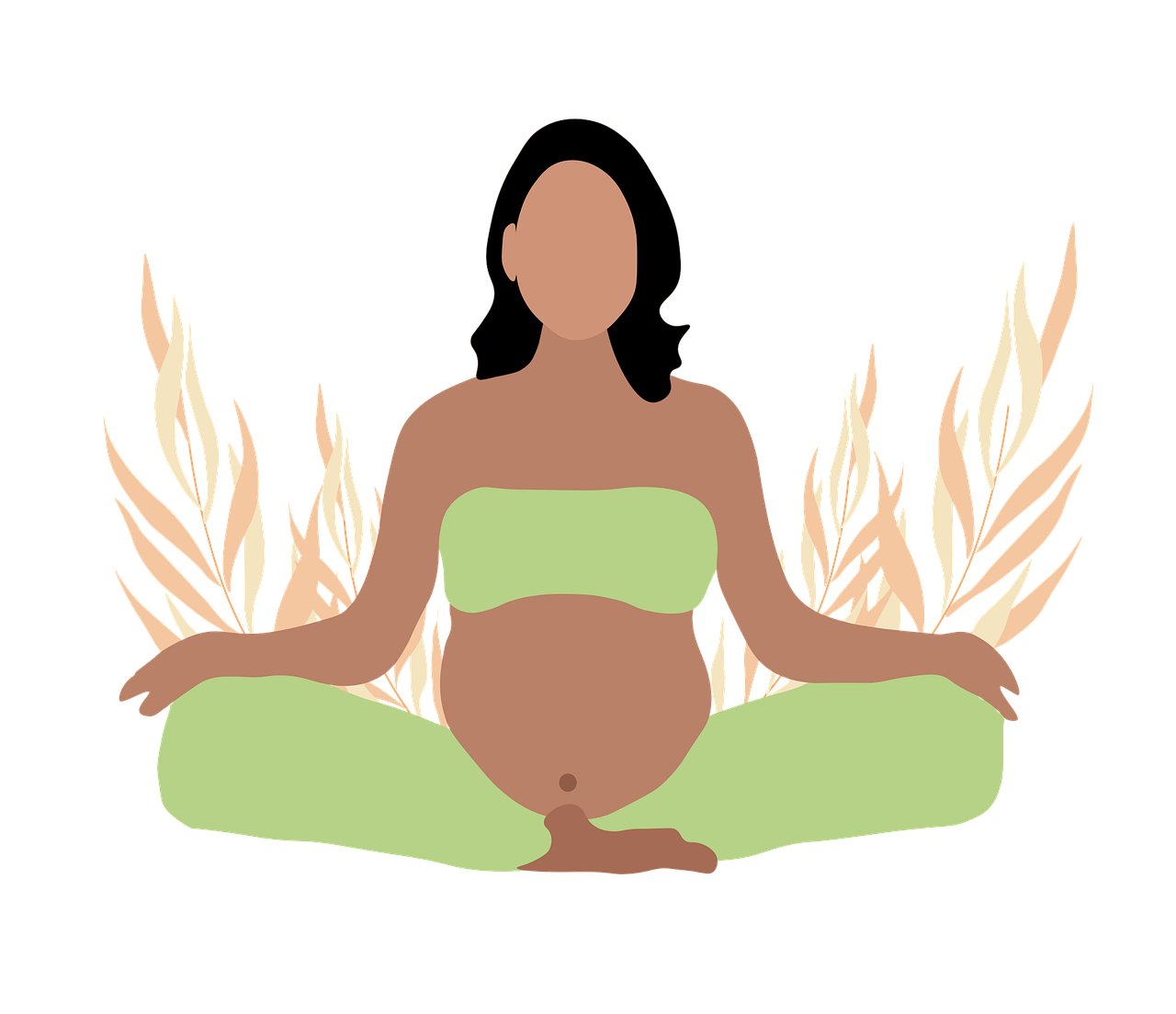Yoga has been around for thousands of years, but in recent times it has gained immense popularity in the Western world. This ancient practice is more than just a form of exercise, it’s a way of life. Incorporating yoga into your daily routine has numerous benefits for both your physical and mental health. In this article, we will explore some of the amazing benefits of yoga and why you should start practicing it today.
Understanding Yoga: What is it?
Yoga is a practice that originated in ancient India, and it involves a combination of physical postures, breathing exercises, meditation, and relaxation techniques. The word “yoga” means to unite or join, and the practice aims to unite the mind, body, and spirit. There are many different styles of yoga, each with their own unique focus and benefits.
The Physical Benefits of Yoga
Yoga is known for its ability to improve flexibility, strength, and balance. Regular practice can also help to reduce the risk of injury, improve posture, and boost the immune system. Here are some of the physical benefits of yoga:
Increased flexibility:
Yoga involves a variety of stretching and bending movements that can help to increase flexibility and range of motion in the body.
Improved strength:
Many yoga poses require you to hold your body weight in certain positions, which can help to build strength in the muscles.
Better balance:
Yoga postures that require balance can help to improve your overall balance and coordination.
Reduced risk of injury:
Yoga can help to improve your body’s alignment, which can reduce the risk of injury during other physical activities.
The Mental Benefits of Yoga
In addition to the physical benefits, yoga is also great for your mental health. Regular practice can help to reduce stress, anxiety, and depression. Here are some of the mental benefits of yoga:
Reduced stress:
Yoga involves deep breathing and relaxation techniques that can help to reduce stress and promote feelings of calmness.
Improved mental clarity:
The focus on breath and mindfulness during yoga practice can help to improve mental clarity and concentration.
Reduced anxiety and depression:
Yoga has been shown to reduce symptoms of anxiety and depression, and can be a great tool for managing these conditions.
Better sleep:
Yoga can help to improve sleep quality and reduce the symptoms of insomnia.
Getting Started with Yoga
If you’re interested in trying yoga, there are many different ways to get started. You can join a local yoga class, find a yoga instructor online, or even start practicing at home using videos or online tutorials. It’s important to find a style of yoga that works for you and to start slowly, building up your practice over time.
Conclusion
Incorporating yoga into your daily routine can have numerous physical and mental benefits. Whether you’re looking to improve your flexibility, reduce stress, or boost your overall health and wellbeing, yoga is a great way to do it. So why not give it a try? Your mind and body will thank you for it.
FAQs
- What are some of the different styles of yoga?
- Some of the different styles of yoga include Hatha, Vinyasa, Bikram, and Ashtanga.
- Do I need to be flexible to practice yoga?
- No, you don’t need to be flexible to practice yoga. Yoga can help to increase your flexibility over time.
- How often should I practice yoga?
- It’s recommended to practice yoga at least 2-3 times per week to see the benefits.
- Can yoga help with back pain?
- Yes, yoga can be a great way to alleviate back pain and improve posture.


